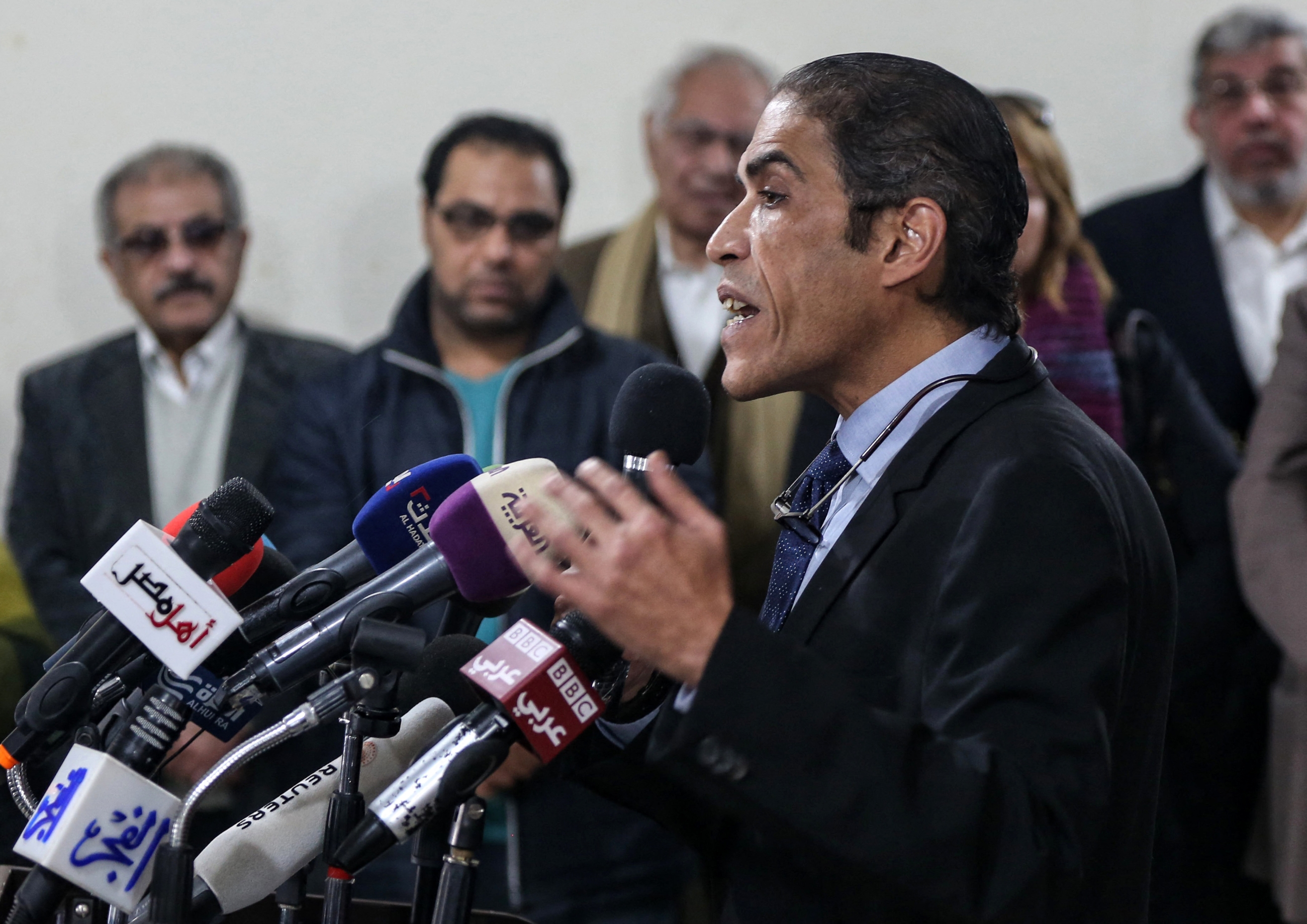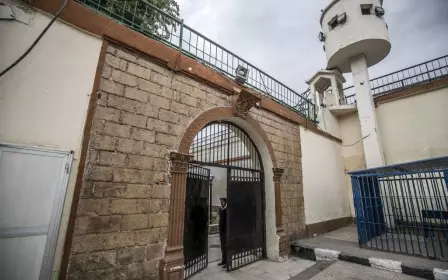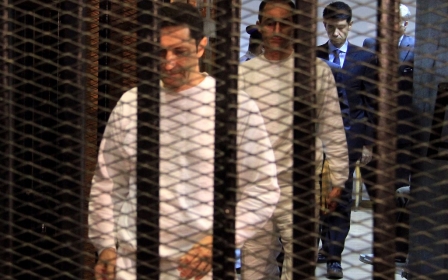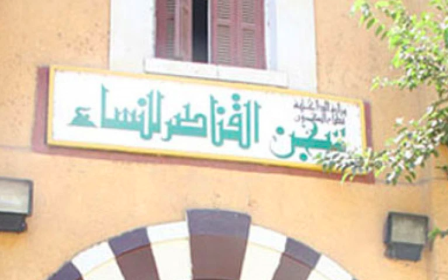Egypt: Prominent journalist Khaled Dawoud released from prison

Egyptian journalist and activist Khaled Dawoud was released from prison on Monday, pending investigation over charges of aiding a terrorist organisation and disseminating false news.
Dawoud, an opposition leader and the former chair of the liberal Dostour (Constitution) Party, was known for his criticism of the government. He was the assistant editor-in-chief of Al-Ahram Weekly and regularly spoke out against human rights violations in the post-Mubarak era.
Dawoud was arrested in September 2019 as he was on his way to visit his elderly father in Cairo.
At the time, rare pockets of protests had broken out around the country, calling for an end to government corruption.
He was accused of "collaborating with a terrorist organisation", "disseminating false information" and "making bad use of social networking sites", charges which critics say are often used by the government to silence dissent.
Following his arrest, an online campaign, "Free Khaled Dawoud", demanded his release.
Hisham Younes, a member of Egypt’s journalists union, said that Dawoud was released at around midnight on Monday.
“No charges have been brought against him after one year and eight months of detention,” he said.
Online, a number of people and rights organisations have welcomed the news and expressed joy over his release.
Rights organisation Dawn MENA reported that the detention conditions Dawoud and others were kept in were described as a "suffocating space". According to Dawn's sources, Dawoud was forced to sleep on the floor and was banned from exercising outside of his cell.
Egypt is currently ranked 166th out of 180 countries on Reporters Without Borders' 2020 press freedom index.
Earlier this year, Amnesty International denounced inhumane conditions in Egypt’s prisons, citing the shared experiences of 67 individuals imprisoned across the country, including 10 who died in custody and two who died shortly after being released.
The report said that prisoners were held in "unventilated, overcrowded cells with substandard sanitation", and listed physical torture, medical neglect and sexual abuse among the conditions faced by detainees.
According to a number of NGOs and rights organisations, there are more than 60,000 people imprisoned in Egypt under President Abdel Fattah el-Sisi.
Middle East Eye propose une couverture et une analyse indépendantes et incomparables du Moyen-Orient, de l’Afrique du Nord et d’autres régions du monde. Pour en savoir plus sur la reprise de ce contenu et les frais qui s’appliquent, veuillez remplir ce formulaire [en anglais]. Pour en savoir plus sur MEE, cliquez ici [en anglais].




